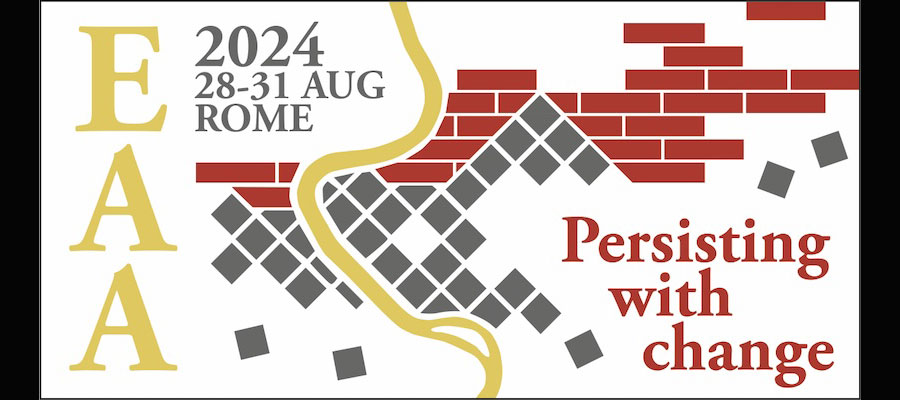Archaeology & the Global Middle Ages: Opportunities, Challenges, and Future Trajectories, session at the 30th European Association of Archaeologists Annual Meeting, August 28–31, 2024
This session aims to investigate how the concept of a "Global Middle Ages" can facilitate a more dynamic and inclusive medieval archaeology. Originally developed by medievalists in history and literary studies, the Global Middle Ages approach has sought to challenge the Eurocentric nature of medieval research by foregrounding long-distance connections, cross-cultural analyses, and non-western contexts. However, on the one hand, ‘Eurocentric’ medieval research has usually not included all of Europe, but only western Europe, or sometimes even only Britain more specifically. And, on the other hand, the notion of Global Middle Ages has received comparatively little attention in archaeology, especially outside of the Anglophone world, despite the tremendous potential to explore these themes based on the archaeological record.
We invite papers on the archaeology of the Global Middle Ages from any region, but especially those that have been traditionally underrepresented in this framework. Both synthetic, theoretical explorations and specific case studies are welcome. Possible themes include, but are not limited to: How does widening our geographical perspective shape the questions we ask of the archaeological record? Should a global framework be limited to investigating clearly related topics, like long-distance trade, migration, and communication, or should it infuse our entire understanding of the past? How can we make the geographical coverage within Europe more balanced? In what ways is the ‘New World’ part of Global Middle Ages? What are the advantages (and dangers) of framing non-western societies as 'medieval'? Can a global approach to medieval archaeology address inequalities in the contemporary research landscape?
